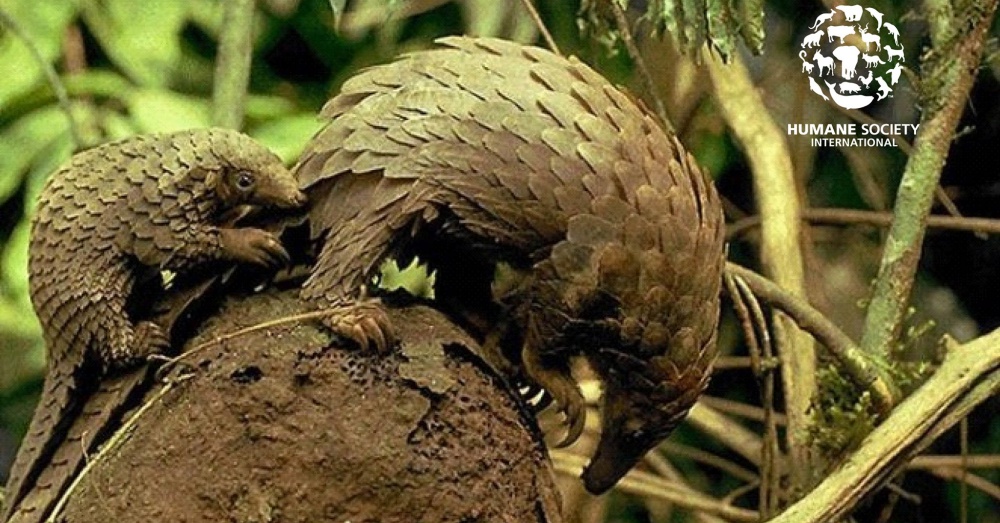The COVID-19 pandemic has put a spotlight on the dangers of wildlife trade and consumption, and the world is responding. Vietnam just banned wildlife trade and closed illegal wildlife markets to help reduce the threat of zoonotic diseases, like COVID-19.
Vietnam Prime Minister Nguyen Xuan Phuc signed a new directive that tells officials to “take immediate actions to better control” wildlife trade and consumption. In addition, it cracks down on illegal hunting, trading, and advertising of wild animals.
Humane Society International/Vietnam and 14 other wildlife organizations sent letters and a science-based white paper to the prime minister urging the government to end wildlife trade.
“Vietnam’s directive clearly shows the government’s commitment to eradicating illegal wildlife trade and consumption. The directive bans wildlife imports with certain exemptions, and urges the closure of illegal wildlife markets,” said Ms. Phuong Tham, HSI/Vietnam’s Director. “It also discourages all citizens from illegally hunting, catching, buying, selling, transporting, slaughtering, consuming, storing, and advertising wildlife. These measures combined with strict management of wildlife farming are extremely welcome news in the global efforts to end wildlife exploitation and the grave risks for conservation, animal welfare, and human health.”
Vietnam is a major supplier of illegal wildlife products like pangolin scales, elephant ivory, and rhino horns. Most of these are believed to have medicinal qualities in Traditional Chinese Medicine and one animal organization says that is where the new ban falls short.

Photos: Facebook/Humane Society International Viet Nam
“The wildlife consumption ban mentioned in the directive is insufficient as some uses of wildlife such as medicinal use or wild animals being kept as pets are not covered,” Nguyen Van Thai, director of Save Vietnam’s Wildlife told Reuters.
“It would be better to have a clear and detailed list of the various uses of wildlife that are prohibited.”
Aside from the health issues of wildlife trade and consumption, many Vietnamese people were consuming endangered species putting them at further risk of extinction. “Without stronger actions, Vietnam risks eating many of these species into extinction because they can so easily be purchased in markets, from street vendors and even just outside of our national parks. Vietnam’s rapacious appetite for wildlife is endangering not just these species’ survival, but as we have seen with the coronavirus outbreak, it is endangering people’s lives too, so this ban can’t come soon enough,” said Tham.

Photo: Facebook/Humane Society International Viet Nam
Teresa Telecky, vice president of wildlife at Humane Society International, said, “The current COVID-19 pandemic has illustrated just how deadly the wildlife trade can be, not just for the wild animals involved, but also for people throughout the world. COVID-19 is a tipping point that governments like that of Vietnam are wise not to ignore. Wildlife markets worldwide are a petri dish for the next global pandemic, so this directive opens a way for Vietnam to end illegal wildlife trade and also help global efforts to prevent the next global pandemic from happening. Furthermore, the temporary ban on wildlife imports will save many endangered and threatened species from exploitation and consumption.”
Now it’s time for other countries to follow suit and ban wildlife trade that claims the lives of billions of animals every year.

Photo: Facebook/Humane Society International Viet Nam
Sign the petition below to urge China to permanently ban all wildlife trade and help prevent another global pandemic. Together we change the world.
from The Animal Rescue Site Blog https://ift.tt/2XDNV8g

Comments
Post a Comment